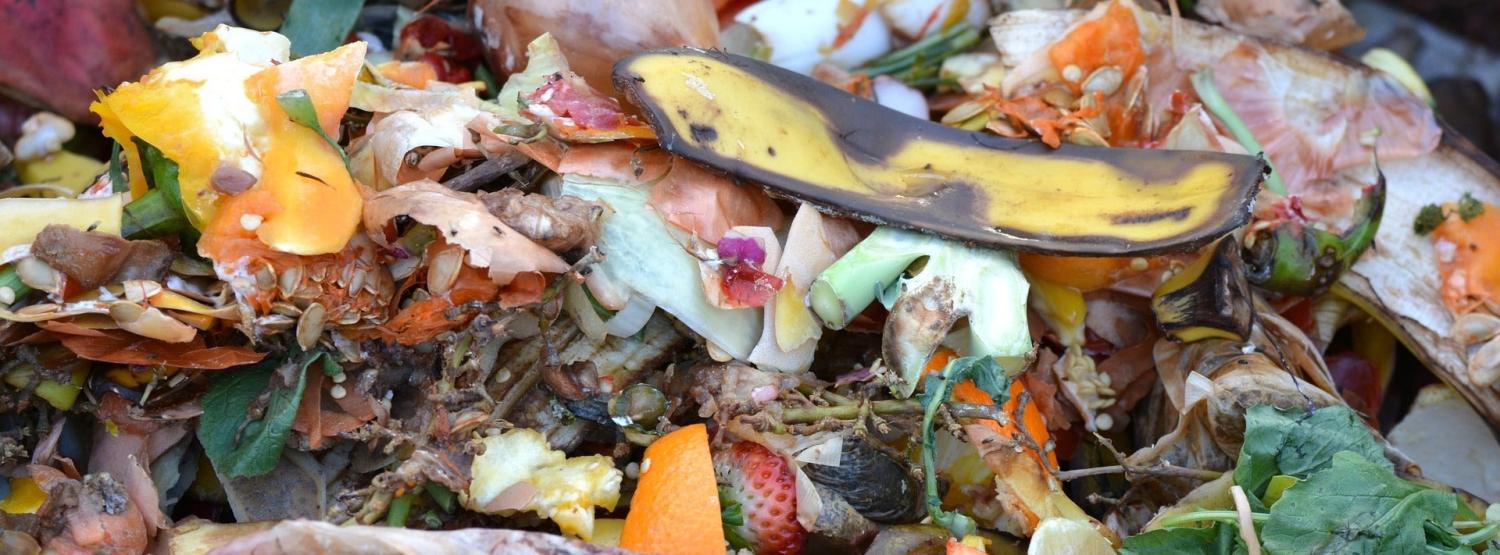Campus and community compost information

Putting compostable items in the compost bin instead of the trash can is one of the easiest and most effective first steps you can take to reduce greenhouse gas emissions—specifically methane, which is generated when our food and yard waste is landfilled.
Composting also produces a nutrient-rich soil amendment that restores farmland and promotes sustainable agriculture. However, when we put items into our compost bin, we must make sure that what we put in is actually compostable in order to create compost that can be used by farmers and gardeners.
A1 Organics—the Front Range community’s compost processor—changed the types of materials it will accept in April 2023. The company limited compostable materials to food scraps and yard waste only, a change that impacts communities including Denver, Boulder, Lafayette, Louisville, Longmont and Arvada.
What you can compost
As of April 1, 2023, A1 Organics no longer accepts previously compostable materials such as napkins, paper towels or serviceware labeled as “compostable.” CU Boulder’s Infrastructure & Sustainability, Environmental Center, Housing Facilities, Campus Dining Services and Athletics departments are exploring ways to minimize impacts to campus’s progress toward zero waste goals, but we are still operating under county conditions
Where you can compost
CU Boulder continues to compost food waste through Campus Dining Services and plant material through Facilities Management and Housing Facilities. A1 Organics still accepts our back-of-house compost from dining and facilities, which make up 80% of our compost load. The majority of our compost has continued to be composted despite A1 Organics’s guideline changes.
However, since consumer-facing compost bins were removed from campus buildings when this change was established, we are now working to reintroduce options for campus community members who would like to collect food scraps for composting in their building or residence hall. If you live or work on campus, and would like to participate in a campus composting pilot, please fill out this form today! We have a limited number of food waste collection bins available in various locations across campus for people who sign up to participate in the pilot!
For campus community members who live off campus or frequent off-campus locations, Boulder County published a composting changes FAQ explaining how A1 Organics’ changes will impact trash collection in the surrounding Boulder community. For campus community members who live outside of Boulder County, Eco-Cycle published composting guidelines for the Front Range region.


